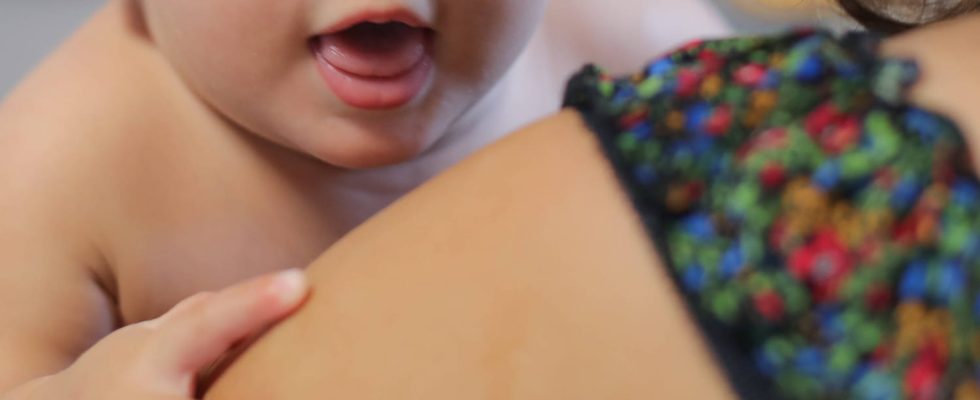Public Health France is warning about the number of cases of severe infections with a pathogen that has been circulating little in recent years. It has already caused the death of 5 babies since the start of the year.
An epidemic that worries. In 2024, no less than 5 babies will die after Parvovirus B19 infection. A virus from the parvoviridae family that is generally transmitted by the respiratory route. It can cause asymptomatic forms but can also cause the famous “fifth disease”. Quite simply because it is the fifth viral infection with measles, rubella, chickenpox and roseola.
Parvovirus B19 infection “continues to rise in 2024”
Although Parvovirus B19 has circulated little in recent years, Public health France noticed a resurgence in recent months. The epidemic particularly affects children, but can also lead to miscarriages and a risk of severe feto-placental edema in pregnant women. In a report released Monday evening, Public health France announces that this new infection epidemic which affects all age categories began in May 2023. “Its intensity increased in the last quarter of 2023 and it continues its rise in 2024 with a peak which has not yet was reached in March.
Some perinatal services indicate, for example, an increase in miscarriages and fetal deaths linked to Parvovirus B19 infection. On the other hand, cases of severe infections, although increasing according to certain emergency and intensive care doctors, could not be quantified.
5 deaths in children under one year old
In fact, “the number of deaths linked to Parvovirus B 19 infection was on average 1.8/year in the pre-pandemic period and mainly affected adults. Even if this number remains low and consistent with the low severity of infection, it must be monitored because it has increased significantly since 2022 in connection with the more active circulation of the virus and more affects children, who constitute all of the 5 deaths already recorded for the year 2024 via electronic certification deaths” specifies Public Health France.
The 5 deaths occurred in children aged less than 1 year, including 4 newborns following a congenital infection. An upsurge which could be explained by less exposure to Parvovirus during the Covid period due to barrier gestures and government restrictions.
A negative measles test as a serious lead
On the other hand, it is difficult to diagnose a Parvovirus B19 infection, “because skin rashes can be due to many viruses in children. Red cheeks are often considered an atypical symptom, except that many children have red cheeks red at the slightest fever” specifies Michaël Rochoy, general practitioner in the columns of Le Parisien. So, in children, if a test for measles turns out to be negative, this can be a serious lead, particularly in these times of resurgence of Parvovirus B19.
